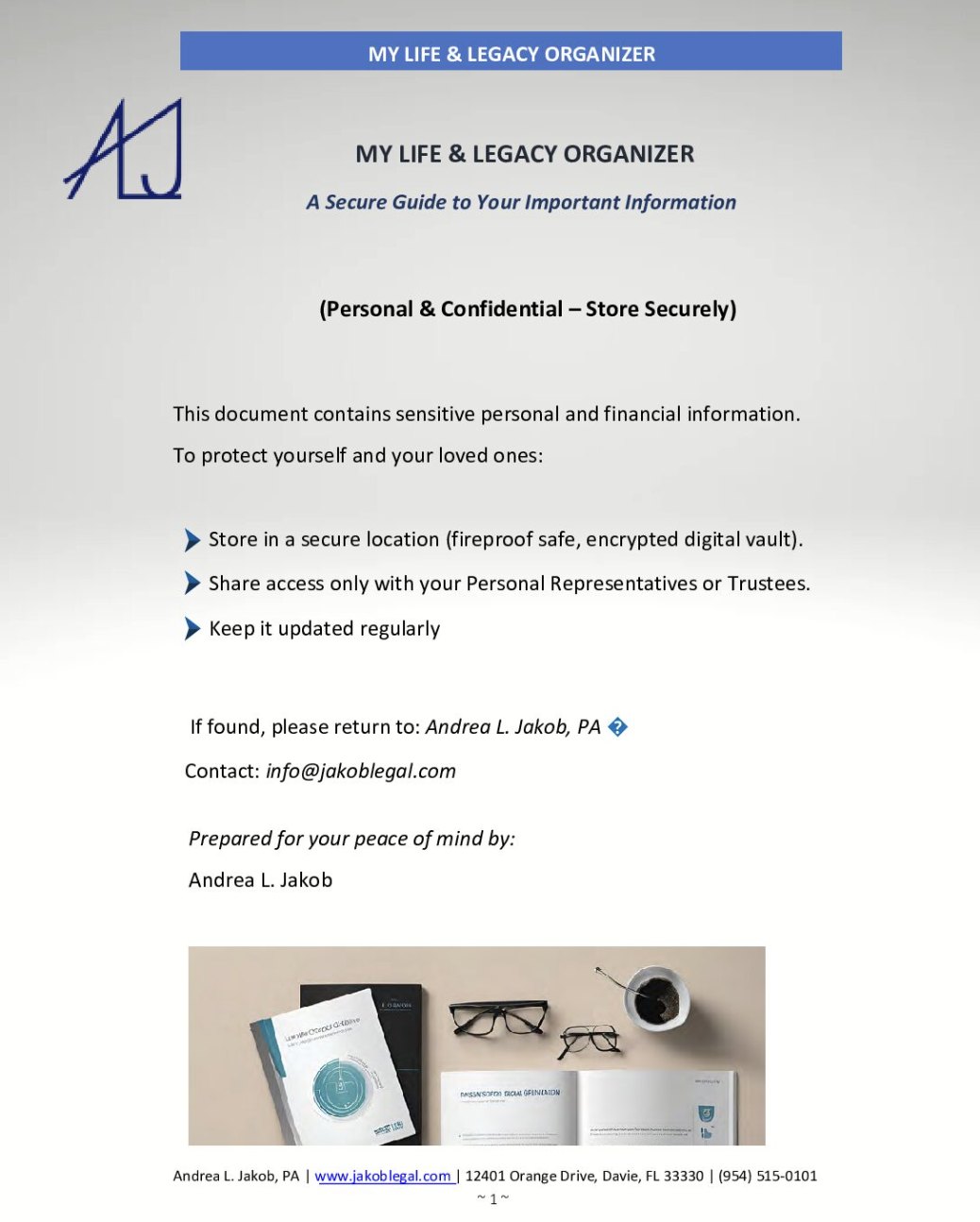Business Law
Trusted Partner in Business Law
We understand that each business is unique. That's why we offer personalized legal solutions tailored to meet the specific needs of your business. Whether you're starting a new venture, managing an LLC, or navigating through the new Corporate Transparency Act (CTA), our goal is to provide clear, practical advice that makes a real difference.
We ensure your business is not just compliant, but also thriving legally. Our commitment is to protect and empower your business, no matter its size or industry. With our firm by your side, you can focus on what you do best – running your business.
How We Can Help

LLC Formation and Management
Whether you are starting a new business, or need assistance with your previously established LLC, we can help make sure you have everything you need to handle the road ahead.
Corporate Formation and Management
We provide everything you need to form and manage your corporation including Bylaw preparation, stock certificates and agreements.
Partnerships and Limited Partnerships
We provide everything you need to form the partnership and structure the relationship between the founders.
Business Contracts and Agreements
Review and drafting of contracts and agreements including Buy-Sell Agreements.
Business Protection Strategy Sessions
Business Continuity Plans
Compliance and Legal Advising
Acting as Your Registered Agent
Protect your Business- Contact Us Now
Links and Resources
A Simple Guide for Business Owners Thinking About Retirement
Business Owner Retirement: Employee-Based Succession Planning: MBOs and ESOPs Explained After years of pouring your energy, passion, and grit into…
Retirement Planning for Business Owners
Business owners often devote years of time, energy, and money into building their companies, sometimes assuming the business itself is…
Who Runs Your Business If You Can’t? The Essential Guide to Planning Ahead
Life doesn’t warn us before it interrupts our plans. If you’re a business owner, even a few weeks away — whether due to illness, travel, or unexpected emergencies — can cause real disruption
Running a Business with Your Spouse? Here’s How to Stay on Track—At Work and at Home
Running a business with your spouse can be incredibly rewarding—but let’s be honest, it’s not always easy. You live together,…
Caution: Your Traditional Asset Protection Plan May Fail
You might be surprised to learn that asset protection planning has been around for a long time, and you’ve likely…
3 Asset Protection Tips You Can Use Now
A common misconception is that only wealthy individuals and people in high-risk professions, such as doctors or lawyers, need an…
Why Your LLC Needs an Operating Agreement
An operating agreement is crucial for LLCs as it outlines the operational framework and provides various benefits.
• Customizable Business Operations: An operating agreement allows LLCs to customize their management and ownership structures, including profit distribution, ownership transfer restrictions, tax payment methods, and signatories for business accounts.
• Maintaining Limited Liability: Having an operating agreement helps maintain the limited liability of LLC members by demonstrating the separation between the business and its owners, which is especially important for single-member LLCs.
• Decision-Making Framework: The agreement specifies how decisions are made within the LLC, which is vital for multimember and manager-managed LLCs to avoid conflicts and ensure smooth operations.
Continuity Planning
Our friend John has a job at Publix. He has a good job, a comfortable salary, and a nice home.…
CTA Imposes New Small Business Reporting Requirements for 2024
If you have a small business, you will most likely have to comply with the new Corporate Transparency Act. Failure to comply with the new act has both civil and criminal penalties, including imprisonment, so it is imperative to understand if you are responsible to comply with the act.
What Happens to My Car Lease If I Die?
Your car may be one of the most valuable assets you own, but what will happen if you pass away during the lease term or before the car is paid off?
What is the Corporate Transparency Act?
The CTA is a law that requires business entities it identifies as reporting companies to disclose certain information about the company and its owners to the US Department of the Treasury’s Financial Crimes Enforcement Network (FinCEN). Under the CTA, a reporting company is a corporation, limited liability company (LLC), or other similar entity created by filing a document with the secretary of state or a similar office under the laws of a state or Indian tribe or formed under the laws of a foreign country and registered to do business in the United States. The following information about the reporting company must be included in the report:
- company’s legal name, and any trade name or “doing business as” name
- street address of the principal place of business
- jurisdiction in which the business was formed
- tax identification number
Don't be fooled by the name—the CTA targets all types of business entities, especially small limited liability companies (LLCs) and partnerships. If you have any business entity—for example, to hold out-of-state real property or valuable personal property, receive valuation discounts, or protect assets—they may be required to comply with the CTA.
Does My Company Need to Report Under the CTA?
DOES MY COMPANY NEED TO REPORT?
Reporting companies include corporations, limited liability companies (LLCs), or other entities created or registered by filing a document with a secretary of state or similar state office.
Who is Exempt from Reporting:
Twenty-three types of entities, including publicly traded companies and nonprofits
Certain large operating companies that have
more than 20 full-time employees,
more than $5 million in annual gross receipts or sales, and
a physical operating presence in the United States.
Review this Chart for More Information on Who Has to Report:

